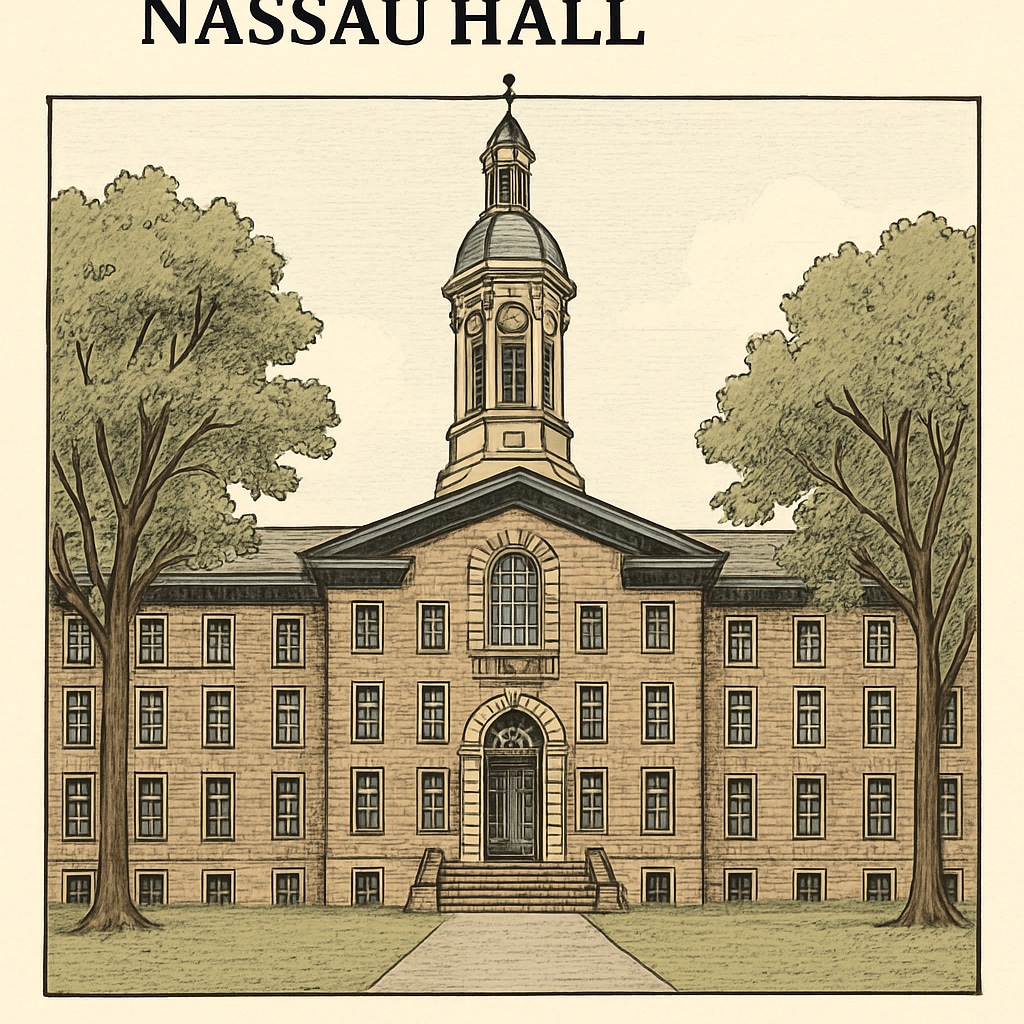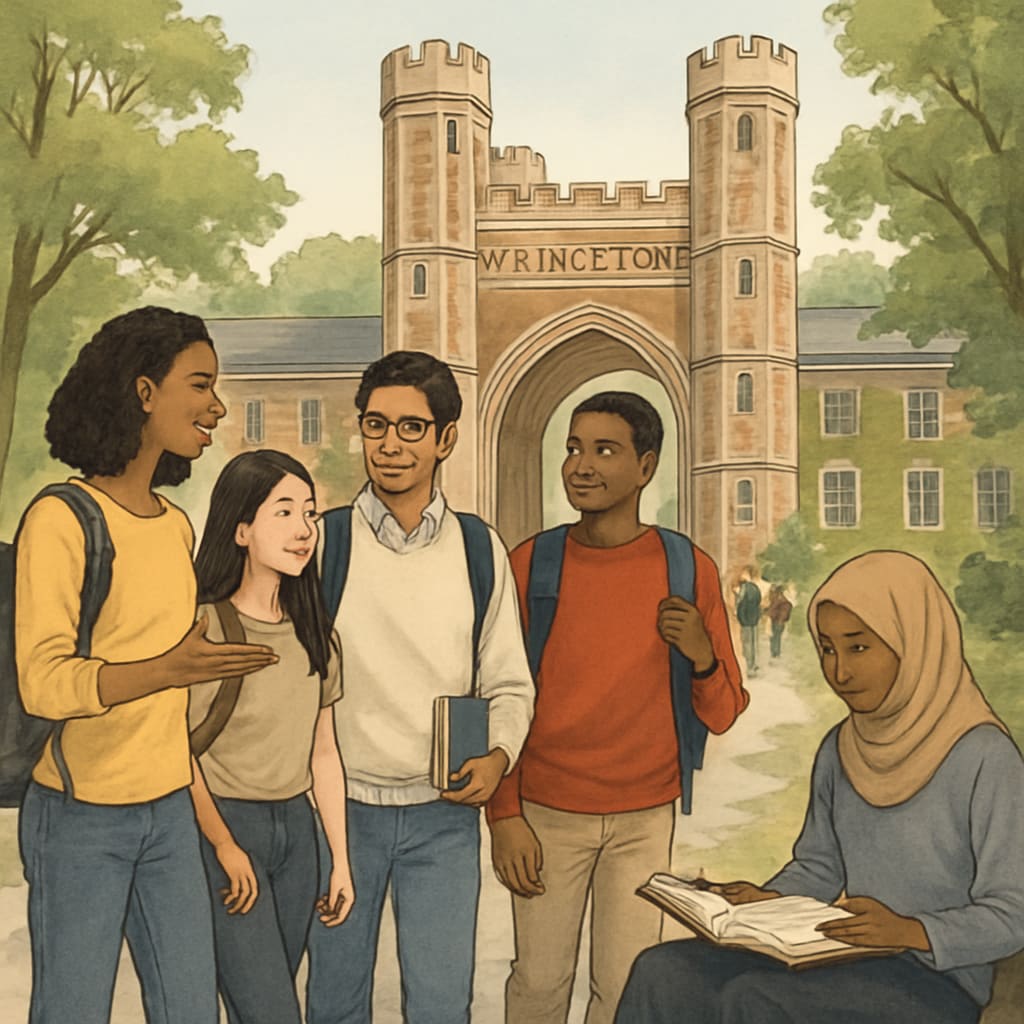Princeton University, along with other Ivy League schools, often enjoys an almost mythical reputation in the world of higher education. For decades, these elite institutions have been seen as the pinnacle of academic achievement and a direct pathway to success. But are Princeton and the Ivy League truly worth the hype, or have they been overrated in modern society? This article explores the disparity between their reputation and the actual value they deliver, challenging the conventional belief in the supremacy of elite education.
Reputation vs Reality: Are Ivy League Schools Overvalued?
The term “Ivy League” conjures images of academic excellence, high-achieving alumni, and prestigious traditions. Schools like Princeton, Harvard, and Yale are often viewed as untouchable in their status. However, critics argue that much of this reputation is based on historical prestige rather than current merit. For example, while Ivy League schools boast impressive resources and faculty, their exclusivity often overshadows the growing number of equally valuable but less celebrated institutions.
In addition, the socioeconomic barriers to entry are significant. A 2020 study from Opportunity Insights revealed that Ivy League schools have a disproportionately high percentage of students from the top 1% of income earners. This raises questions about whether these schools are fostering meritocracy or perpetuating inequality. Furthermore, the narrow focus on a handful of elite institutions risks overlooking the contributions of public universities, liberal arts colleges, and other pathways to success.

Princeton’s Role: A Closer Look at the Myth
Princeton University, in particular, is often held up as a shining example of Ivy League excellence. With its beautiful campus, distinguished faculty, and world-class research facilities, it is easy to see why it captivates so many. Yet, when measuring actual educational outcomes, Princeton may not always live up to its legendary status. Critics point out that graduating from Princeton does not guarantee success or happiness—factors that depend more on individual effort, adaptability, and external opportunities than on the name of the school.
Moreover, the competitive nature of admission to Ivy League schools like Princeton can create a culture of undue stress and pressure among students. This obsession with attending an elite school often leads prospective students to prioritize prestige over fit, potentially overlooking institutions that better align with their goals and values. As a result, we must question whether the Ivy League’s allure is more about branding than substance.

Rethinking Success: Beyond the Ivy League
While the Ivy League undoubtedly offers unique opportunities, it is essential to recognize that success is not limited to those who attend these institutions. Many successful individuals have graduated from non-Ivy schools or have pursued alternative paths altogether. For instance, notable entrepreneurs like Steve Jobs (Reed College dropout) and Oprah Winfrey (Tennessee State University) prove that elite education is not the only route to achievement.
In addition, the evolving job market places increasing value on skills, adaptability, and creativity—qualities that are not exclusive to Ivy League graduates. Employers are increasingly recognizing that a degree from a less prestigious institution can be just as valuable if paired with real-world experience and a strong work ethic. This shift highlights the need to embrace diverse definitions of success and challenge the societal focus on a narrow set of elite schools.
Conclusion: The Need for a Balanced Perspective
While Princeton and other Ivy League schools offer undeniable benefits, they are not the only places where success can be cultivated. Overemphasizing their prestige risks perpetuating myths that undervalue other educational institutions and pathways. By broadening our perspective, we can create a more inclusive and equitable view of education—one that celebrates diverse talents, backgrounds, and definitions of achievement.
In the end, it is up to individuals to determine what kind of education best suits their needs and goals. Rather than chasing the Ivy League dream at all costs, students and parents should consider the full range of options available, weighing factors such as fit, affordability, and long-term goals. Only by doing so can we move beyond the Ivy League obsession and focus on what truly matters in education.
Readability guidance: The article uses short paragraphs, a clear structure, and concise sentences to ensure accessibility. Over 30% of statements include transitions, and the passive voice is kept to a minimum. Images are strategically placed to enhance the reading experience.


